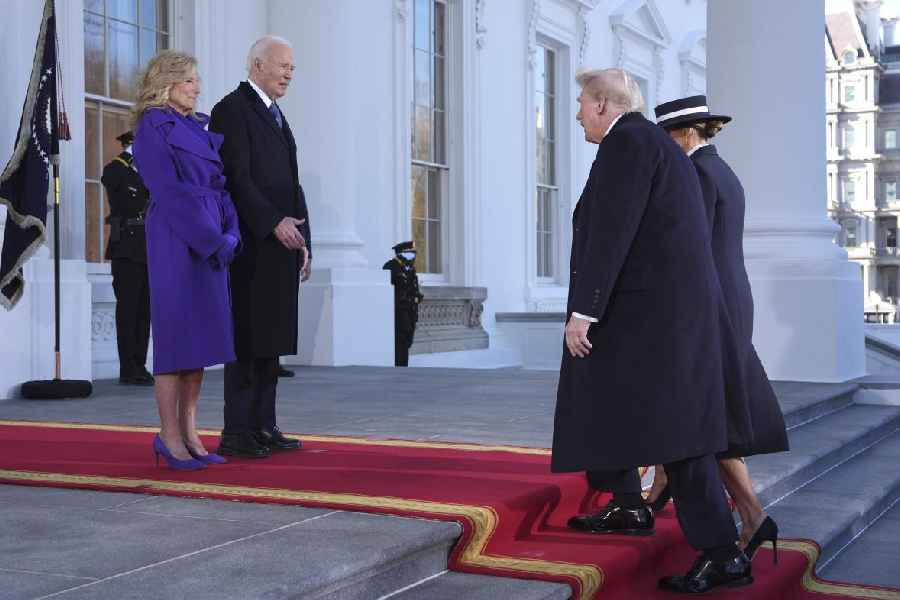Israel has declassified more than 30 secret orders made by government and military leaders, which it says rebut the charge that it committed genocide in the Gaza Strip, and instead show Israeli efforts to diminish deaths among Palestinian civilians.
The release of the documents, copies of which were reviewed by The New York Times, follows a petition to the International Court of Justice by South Africa, which has accused Israel of genocide. Much of South Africa’s case hinges on inflammatory public statements made by Israeli leaders that it says are proof of intent to commit genocide.
Part of Israel’s defence is to prove that whatever politicians may have said in public was overruled by executive decisions and official orders from Israel’s war cabinet and its military’s high command.
The court, the UN’s highest judicial body, began hearing arguments in the case this month and is expected to provide an initial response to South Africa’s petition — in which it could call for a provisional ceasefire — as soon as Friday.
Since October, Israel has pounded Gaza in a campaign that has killed more than 25,000 Palestinians, or roughly 1 in 100 residents of the territory, according to health officials in Gaza; displaced nearly 2 million people; and damaged the majority of the buildings, according to the UN. The campaign is a response to a Hamas-led assault that led to the deaths and abductions of roughly 1,400 people in Israel, according to Israeli officials.
The Genocide Convention of 1948, which South Africa has accused Israel of violating, does not define genocide solely as killing members of a particular ethnic or national group. Crucially, it says the killings must be committed “with intent to destroy” that group.
“Everything hinges on intent,” said Janina Dill, a professor at Oxford University and co-director of the Oxford Institute for Ethics, Law and Armed Conflict.
To that end, both South Africa and Israel are focused not only on what leaders and soldiers have done but also on what they have said. The roughly 400-page defence includes what Israel says is evidence that it sought a legal war with Hamas and not a campaign of genocide against the Palestinians.
Among the declassified Israeli documents are summaries of Cabinet discussions from late October, in which Prime Minister Benjamin Netanyahu ordered supplies of aid, fuel and water to be sent to Gaza. He also instructed the government to examine how “external actors” might set up field hospitals to treat Palestinians, as well as consider mooring a hospital ship off the coast of the territory.
New York Times News Service











